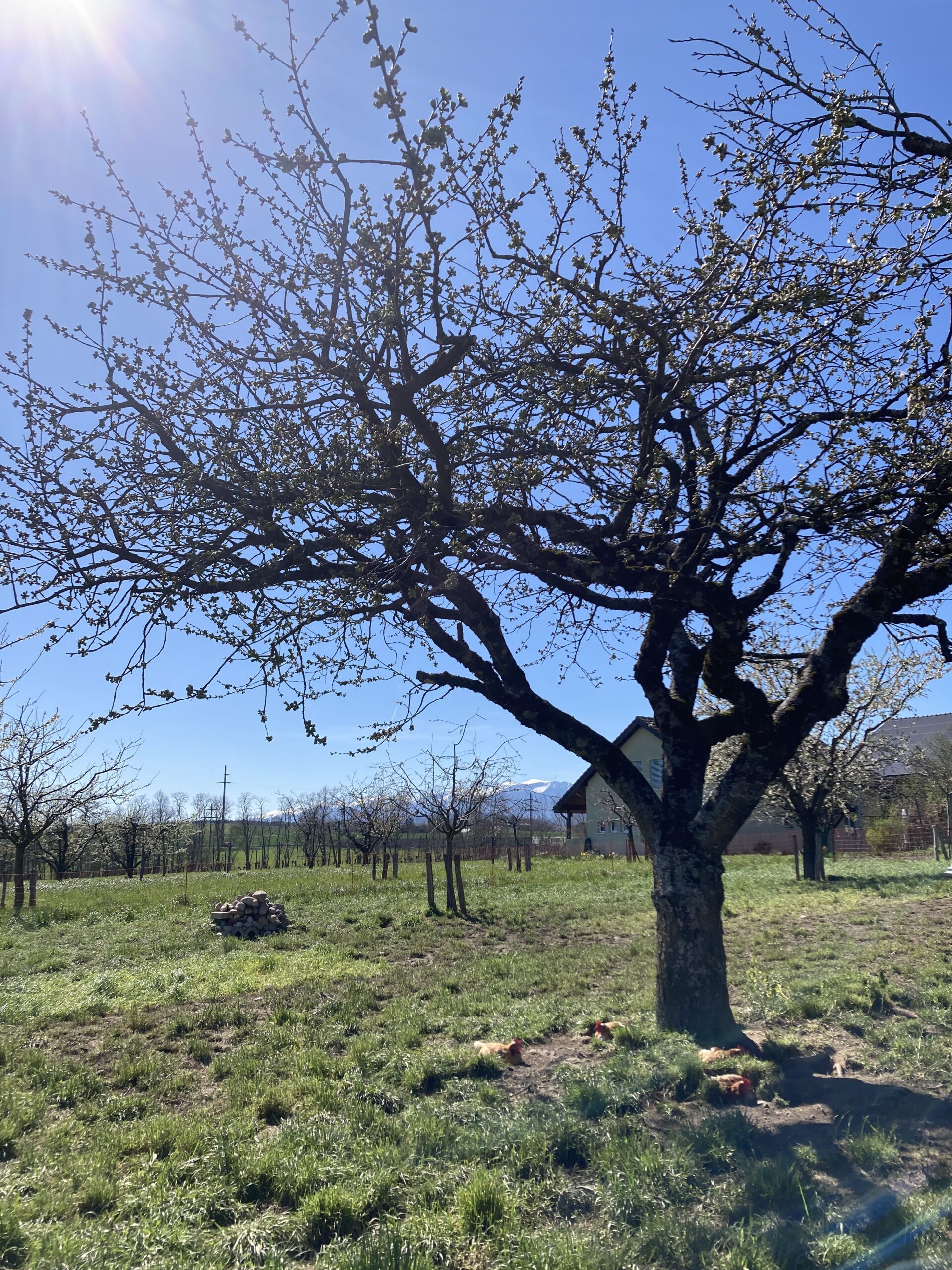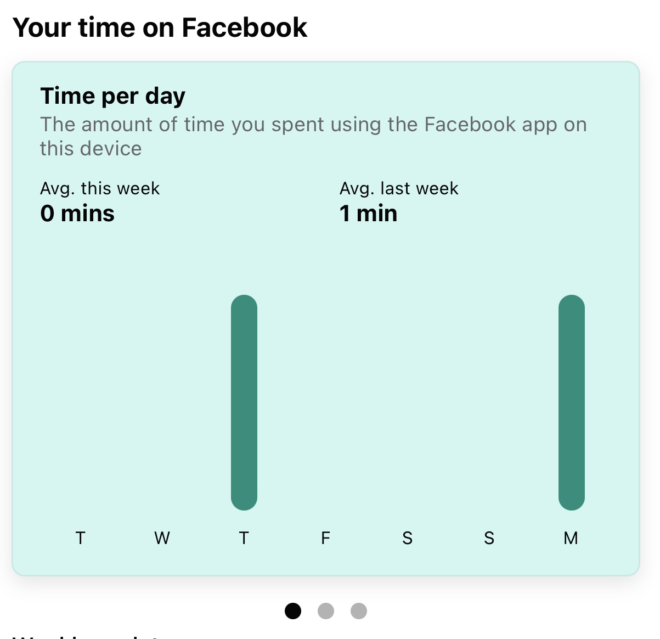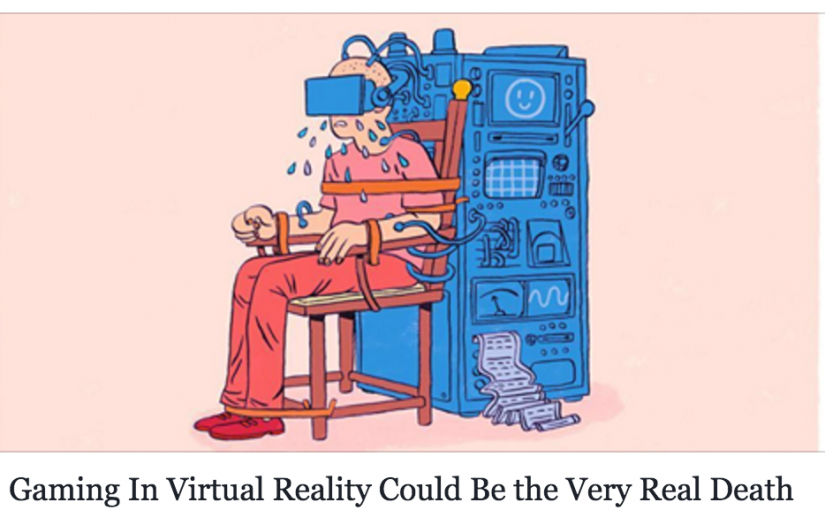Tag: facebook
-

Social Media Silos
Reading Time: 3 minutesYears ago we heard that Facebook was a silo. What was meant by this term is that FaceBook would pull content into its social network and behave like a portal, without allowing people to leave. It encouraged people to see the World Wide Web as Facebook and nothing else. For a while…
-

The Paradox of Instagram’s Twitter
Reading Time: 3 minutesWithin the last two days I saw a headline that is either amusing or tragic. The headline is that Instagram is creating a twitter clone, or even a Twitter competitor. This is amusing, or tragic, because Twitter and Facebook have always been competitors. You had the network of strangers that became friends,…
-

Zero Minutes Per Week on Facebook
Reading Time: 4 minutesI noticed that Facebook has a way of letting you know how badly you are addicted to their website. In the process I learned that I spent zero minutes on their website this week, and one minute last week. I do not spend time on their website because it fails to provide…
-
How To Block Twitter and Facebook Using The Hosts File On A Mac.
Reading Time: 2 minutesIf we’re not learning every day then we’re wasting our time. If we’re not up to mischief every day then we’re likely to become unhappy. In light of both of these things let me give you a quick tip for blocking Twitter and Facebook. My motivation for doing this is the following.…
-
FaceBook’s Primitive Content Management System
Reading Time: 2 minutesFacebook’s Primitive Content Management System, because aside from being a social media platform, it is a CMS, makes it very hard to delete posts, images, and more in bulk. Facebook should be seen as a CMS because it allows us to share images, posts, events, and more. As a CMS we should…
-

Cutting down on Facebook, Instagram and Youtube
Reading Time: 3 minutesThe Issue For a while Facebook was the network to keep in contact with university friends after we all graduated and then it was the network to keep in contact with colleagues. Eventually it became the network where people shared news without engaging with others. It has become a network where you…
-
The Facebook Monopoly
Reading Time: 2 minutesI am tired of the Facebook monopoly. While Google gets fined for helping people shop websites like Facebook do the opposite. Instead of increasing the diversity of content on the web and the sharing of ideas it has helped create silos of like minded people. Likeminded people is a polite way of…
-
D-Day Film archives on Facebook
Reading Time: 2 minutesYesterday D-Day Film Archives were shared on Facebook. These film archives were of landing crafts landing troops on the beaches, of battleships firing rocket salvos at the coast, of gliders being pulled by planes, of paratroopers getting and more. Over the years films have been preserved by transferring the footage from one…
-

Facebook Disengagement
Reading Time: 2 minutesFacebook disengagement by those I know has become so serious that I have decided to take a break from the social network myself. For many years this was a network of people I knew and spent time with in person. It has school friends, uni friends, activity friends and social media friends.…
-
Threaded conversations and community
Reading Time: 2 minutesFrom the 1970s to 2007 we had threaded conversations through bulletin boards, forums, groups and other centralising discussion points. For a brief window of about two years conversations became so captivating that people wanted to meet in person as strong friendships were established. By 2009-2010 the threaded and personal conversations between web…